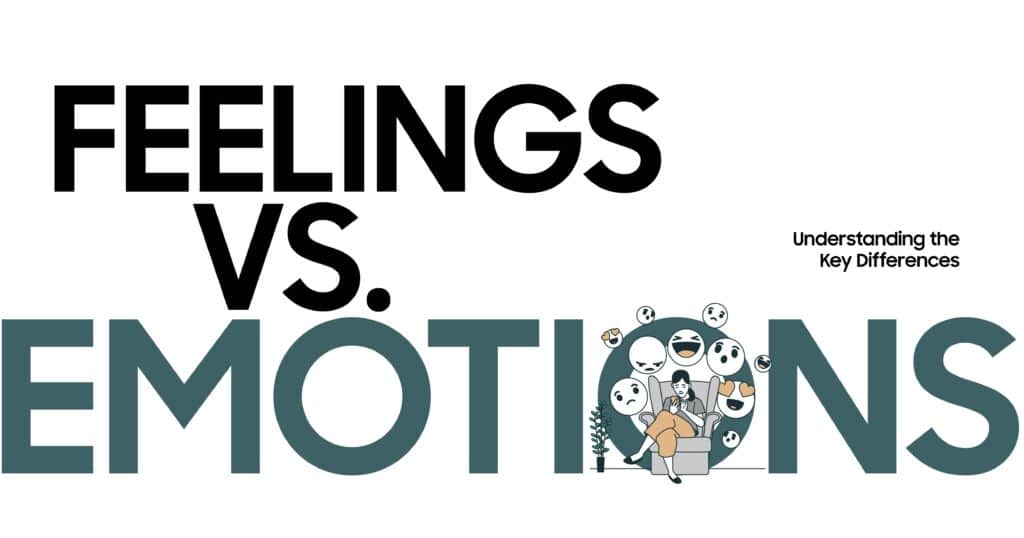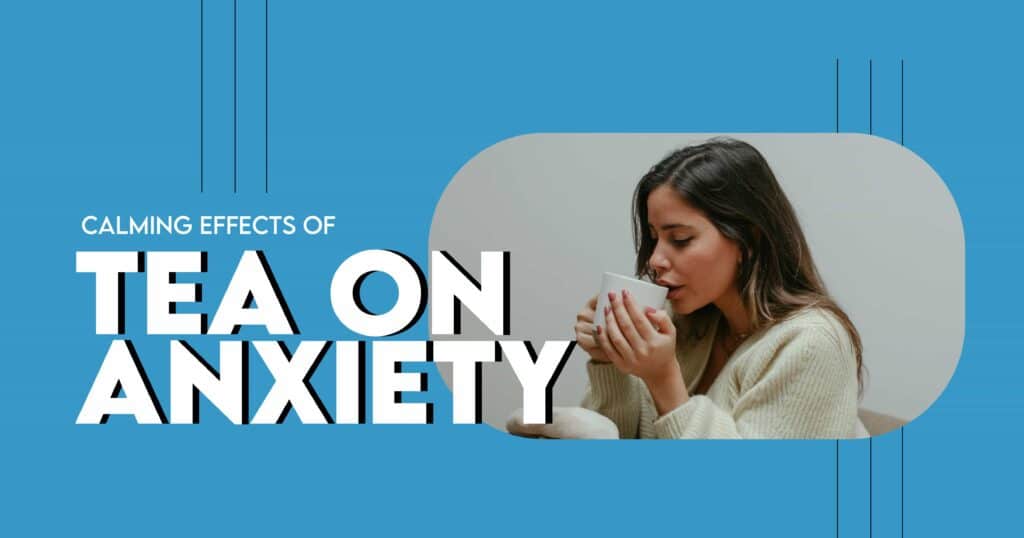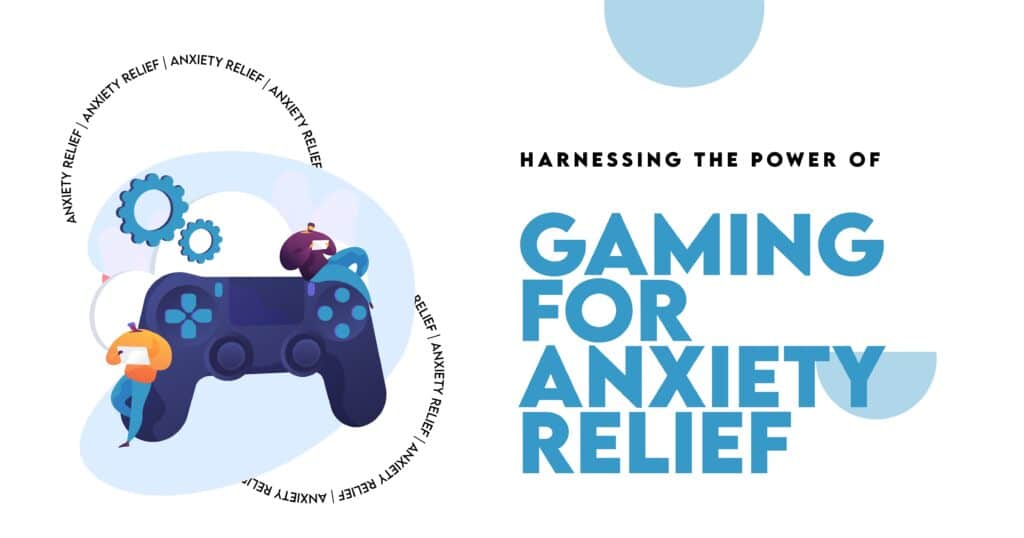People often use the terms feelings and emotions interchangeably, but they are not the same. Understanding the distinction can help one better manage one’s mental and emotional well-being. What are emotions? Emotions are automatic, physiological responses to stimuli.
They are deeply ingrained in human biology and occur before we even become aware of them. On the other hand, what are feelings? Feelings are the conscious interpretation of those emotions, shaped by personal experiences, thoughts, and past memories.
The difference between feelings and emotions lies in their origin and processing. Emotions are universal and instinctive, triggered by external or internal factors, such as fear when facing danger.
Feelings, however, are subjective and influenced by perception. For example, two people may experience the same emotion of fear but interpret it differently – one may feel excitement in response to an adrenaline rush, while another may feel anxiety.
The Science Behind Emotions and Feelings
How Emotions Are Processed in the Brain
Emotions originate in the limbic system, particularly in the amygdala, which processes emotional responses such as fear, happiness, and anger. When an emotion is triggered, the brain sends signals to the body to react accordingly. For instance, if you encounter a stressful situation, your heart may start racing, and your body may prepare for a fight-or-flight response.
The Role of Hormones in Emotions and Feelings
Hormones such as dopamine, serotonin, and cortisol play a significant role in shaping emotions and feelings. When you experience happiness, dopamine levels increase, creating a sense of pleasure. Conversely, cortisol, the stress hormone, rises during fear or anxiety, affecting how you process emotions and subsequently interpret them as feelings. This biochemical interaction explains why emotional feelings are often linked to hormonal fluctuations.
The Range of Human Emotions
How Emotions Impact Behavior
Emotions drive actions. Anger can lead to impulsive decisions, while sadness may result in withdrawal. Recognizing how emotions affect behavior can help in making conscious choices about how to respond. For example, rather than reacting immediately in anger, taking a moment to process the feeling can lead to a more constructive response.
How Culture Shapes Emotional Expression
Culture plays a pivotal role in how emotions are expressed. In some societies, displaying emotions openly is encouraged, while in others, restraint is valued. This cultural conditioning affects how people experience and articulate their feelings vs emotions in various settings, such as the workplace or personal relationships.
How Trauma Influences Emotional Responses
Past trauma can significantly impact emotional regulation. Someone who has experienced distressing events may have heightened emotional responses or struggle with processing emotions. Therapy and self-awareness techniques can help in addressing unresolved emotions and transforming them into manageable feelings.
Managing Emotions and Feelings in Daily Life
Healthy Ways to Process Emotions
Developing emotional intelligence is key to managing emotions effectively. Acknowledging emotions without judgment, practicing mindfulness, and engaging in activities such as journaling or talking to a trusted friend can help in navigating emotional ups and downs.
How to Avoid Emotional Overload
Emotional overload occurs when multiple emotions become overwhelming, making it difficult to function. This can happen due to stress, unresolved trauma, or an inability to process emotions effectively. If left unaddressed, emotional overload can lead to burnout, anxiety, and even physical health issues.
To prevent emotional overload, practicing self-care is crucial. Engaging in activities that promote relaxation, such as exercise, spending time with loved ones, or pursuing hobbies, can help in maintaining emotional balance. It is also important to get enough rest and nourish the body with healthy food, as physical well-being is closely linked to emotional health.
Setting Healthy Boundaries and Recognizing Emotional Triggers
An essential strategy is setting healthy boundaries. Learning to say no to situations or people that cause unnecessary stress can reduce emotional strain. Prioritizing one’s emotional needs over external demands ensures a healthier approach to dealing with emotions.
Recognizing emotional triggers is another important step. By identifying patterns in emotions, individuals can take proactive measures to address them before they become overwhelming. For example, if certain situations or conversations tend to evoke intense emotional reactions, preparing a coping strategy in advance can make it easier to handle those moments.
Distinguishing Between Feelings and Emotions
Understanding the difference between feelings and emotions allows individuals to separate immediate emotional reactions from deeper, more persistent feelings. By distinguishing between the two, one can process emotions rationally and avoid making impulsive decisions based purely on momentary emotional states.
Seeking Support for Emotional Well-Being
For those struggling to manage their emotions, seeking professional guidance can be helpful. La Jolla Mental Health can provide strategies for understanding and processing emotions effectively. If you find yourself constantly asking, “Are feelings real?” or feeling confused about your emotional state, talking to a therapist can offer clarity and support.
FAQs
What is the difference between emotions and feelings?
Emotions are automatic physiological reactions, while feelings are the conscious interpretation of those emotions, influenced by personal experiences and thoughts.
Is crying an emotion or a feeling?
Crying is a physical reaction to emotions like sadness or joy, but the feeling associated with crying depends on personal interpretation.
Which comes first, feelings or emotions?
Emotions come first as instinctive responses, followed by feelings, which are shaped by personal perceptions and thoughts.
How can I regulate my emotions better?
Practicing mindfulness, identifying emotional triggers, and seeking therapy are effective ways to regulate emotions.
How do I stop feeling overwhelmed by my emotions?
Setting boundaries, engaging in self-care, and seeking professional guidance can help in managing overwhelming emotions.








